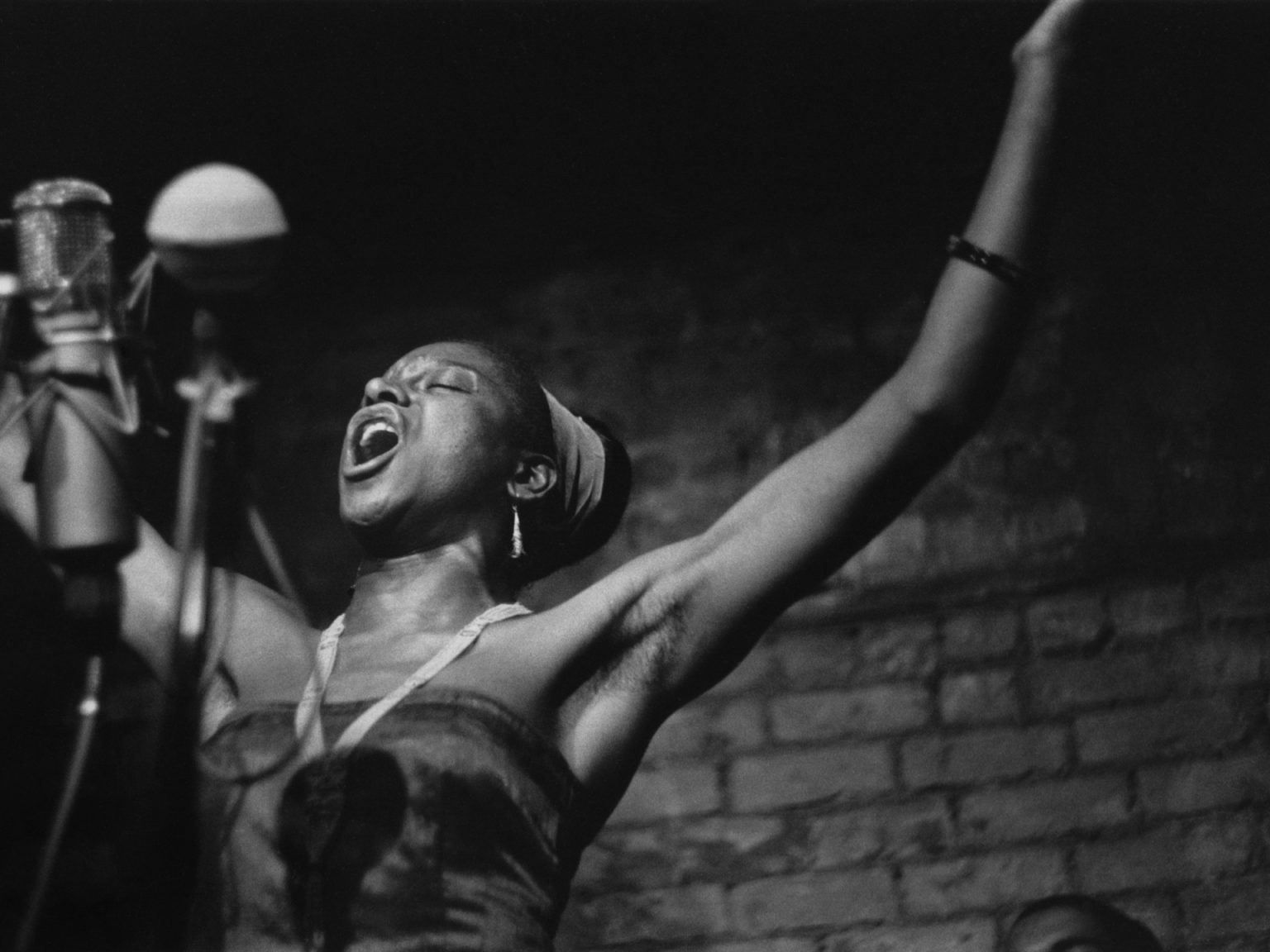In 1959, Miriam Makeba, a Black South African woman, arrived in the United States with the help of singer Harry Belafonte. Despite being shy off-stage, Makeba had a commanding presence on stage that mesmerized audiences. Her talent led to success in the US, with influential figures in attendance at her performances. Makeba’s musical career took off, and she developed lasting relationships with prominent individuals, including Martin Luther King and Nina Simone.
Makeba became a symbol of anti-apartheid activism while in the US, using her music to educate people about the injustices of apartheid in South Africa. She spoke out against the Sharpeville massacre and addressed the United Nations on the policies of apartheid. After marrying Stokely Carmichael, a prominent figure in the Black Power movement, Makeba faced backlash and cancellations of her concerts and record deals. She was exiled from the US and lived in Guinea for almost 14 years, where she continued her music career.
Despite facing personal tragedies, including the loss of her daughter and grandson, Makeba remained resilient. She eventually returned to South Africa in 1990, following Nelson Mandela’s release from prison. Makeba voted for the first time in her life in South Africa’s first democratic elections, casting her ballot for Mandela. Her legacy as a Black feminist icon and citizen of a free South Africa lives on, with Mandela referring to her as “South Africa’s first lady of song” and “Mama Afrika.”
Makeba’s music continues to inspire fans worldwide, including Vice President Kamala Harris, who has expressed admiration for her soulful voice. Makeba’s bold questions about power and race, such as “Why shouldn’t power be Black?” remain relevant today as Harris seeks the presidency. Her remarkable life is chronicled in Nick Dall’s book “Legends: People Who Changed South Africa for the Better,” showcasing Makeba’s enduring impact on music and activism.













